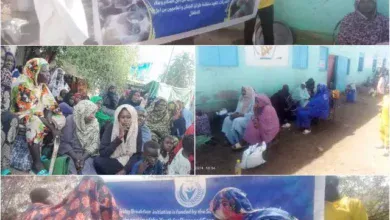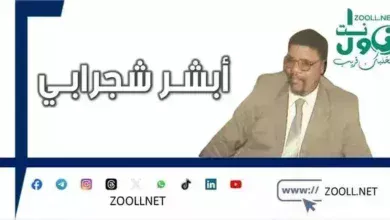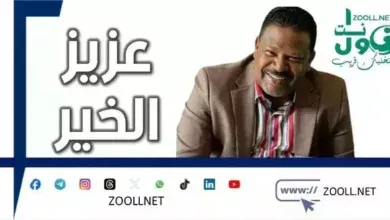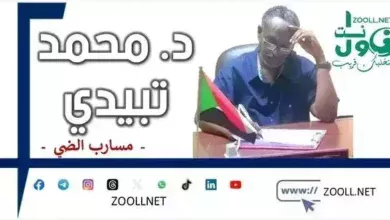Media: The weapon of the future and the shadow war in Sudan – a deeper analysis – Something for the homeland – ✍️ Mr. Salah Ghariba
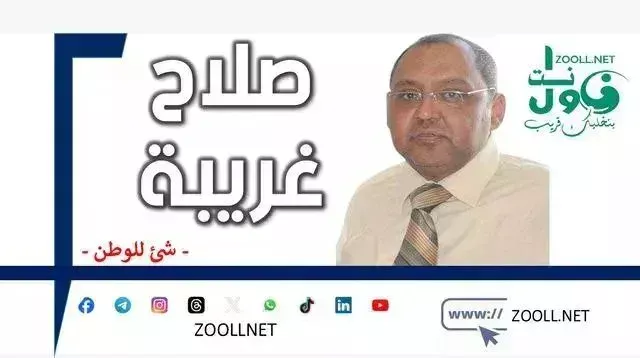
In recent years, the world has witnessed a sea change in the nature of conflict, with battles moving from traditional battlefields to digital media arenas. Traditional weapons are no longer the decisive factor in resolving conflicts, but the media has become the main space in which wars, known as “shadow wars”, take place.
In Sudan, this fact was clearly evident during the recent conflict, where both sides of the conflict used the media as a double-edged sword. Influencing local and international public opinion, directing public opinion, mobilizing the streets and distorting the image of the opponent.
The media has enormous power to raise awareness and shape behavior, making it a crucial tool in any conflict. Thanks to media stories, conflicting parties can construct a certain image of events, offer different interpretations of what is happening and promote certain ideologies.
In the case of Sudan, rapid support rebel militias used the media to present themselves as defenders of the nation and citizens, while the armed forces presented them as authoritarian forces seeking to oppress the people. On the other hand, the armed forces attempted to present themselves as the legitimate protectors of the homeland and to accuse the militias of seeking to take power by force and demographically occupy Sudan.
National media in Sudan face many challenges that prevent them from fully playing their role. The most important of these challenges is the lack of resources. Media professionals need ongoing training and qualification to keep up with the rapidly changing media industry and learn how to deal with fake news and fake news. National media are exposed to political pressure, which affects their neutrality and credibility, and makes them a tool in the hands of those in power. Social media also contributes to the spread of fake news and rumors, making them harder to reach. the truth.
Despite the challenges they face, the media can play an essential role in building peace and stability in Sudan by spreading the culture of dialogue and tolerance between the different Sudanese parties and promoting the values of citizenship and of national unity. combat hate speech and incitement to violence, and work to promote diversity of values and mutual respect. Media professionals must adhere to professionalism and impartiality in covering events and provide accurate and reliable information to the public. accountability, denouncing corruption and violations, and holding those responsible to account.
To strengthen the role of national media in Sudan, a range of measures need to be taken, including providing material and technical support to media professionals, providing necessary resources to develop media infrastructure, training media cadres and providing the equipment needed for media production. , in addition to enacting laws that guarantee media freedom and protect journalists from arrest and torture. A Supreme Media Council can be created, which reports directly to the Sovereignty Council, which is responsible for organizing the media sector. , control quality and protect the rights of media professionals. Cooperation between media professionals from various media institutions should be encouraged to exchange experiences and knowledge.
In conclusion, it can be said that media is a double-edged sword, and it can be used to build or destroy nations. In the case of Sudan, the national media faces great challenges, but it also has enormous potential to play a positive role in building a better future for the country.


